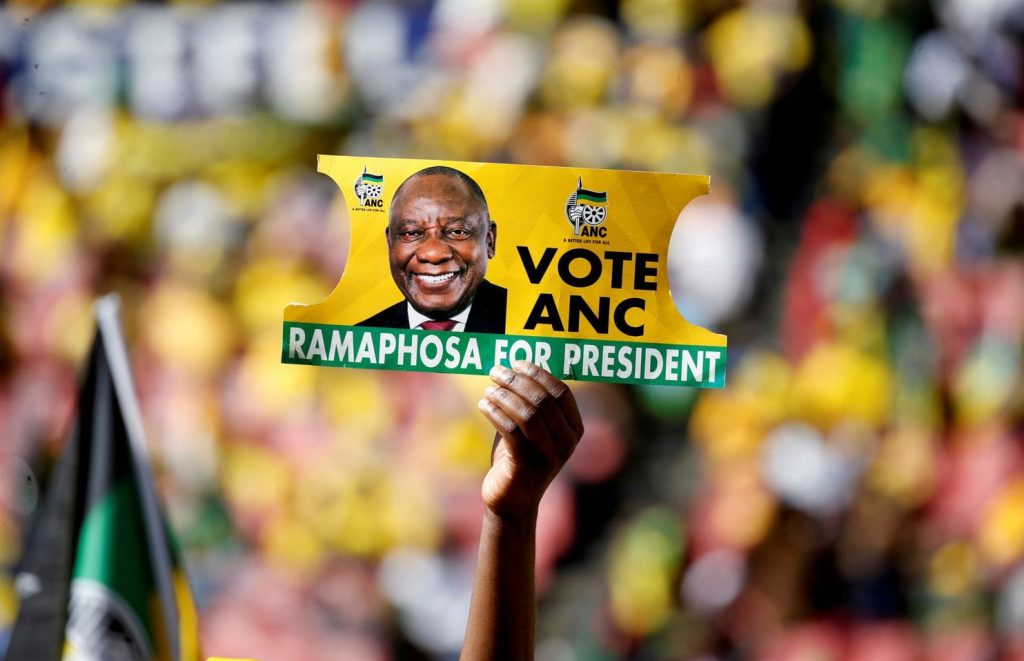The African National Congress, led by union leader-turned-business magnate Cyril Ramaphosa, has retained a slim majority of seats in South Africa’s parliament, giving Ramaphosa a weak mandate for a full five-year term as president.
Wednesday’s election, 25 years after the ANC led South Africa out of apartheid and into democracy for all its citizens, was seen as a referendum on the party.
The previous president, Jacob Zuma, became embroiled in numerous corruption scandals while the economy lagged and unemployment and inequality deepened, clouding the legacy of the party’s liberation struggle. Zuma resigned in February 2018, and Ramaphosa was elected president by the National Assembly.
In Wednesday’s vote, the ANC continued its steady slide, falling below 60 per cent in a general election for the first time in its history. Voter turnout was also the lowest in general election history. But with few upsets in regional elections, the result was mostly status quo.
Analysts have debated whether a weak showing for the ANC will help or hurt Ramaphosa, who is 66, in his efforts to commandeer the party after nine years of control by Zuma.
“That the ANC is now winning elections by what elsewhere we’d call a normal margin is a sign of anger at the past nine years, but it is also the sign of a maturing democracy,” said Ralph Mathekga, a South African writer and political commentator.
“I’m of the mind that this is the sweet spot for Ramaphosa. The blame still goes to Zuma, and Ramaphosa avoids being the first ANC leader to lose a majority.”
Washington Post

